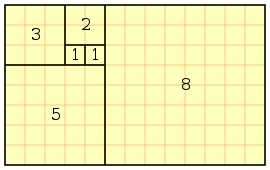That's an arbitrary property to define numbers by. Why must any number + 1 always be a different number? Also, you could define a number system where infinity + 1 is a different infinite number.
See, right off the bat that screams "nooooo" to me. There is no such thing as "an infinite number". There are numbers and there is the concept of infinity. The concept of infinity subsequently breaks down into countable and uncoutable concepts, as well as a couple other ones.
If you're describing the cardinality of something, it will either be a specific number (i.e. 17 apples), it will be an unknown, or it might fall into the "infinity camp". If you have an infinite amount of apples, and you add 1 apple, you remain with an infinite number of apples. That's because infinity is not a number, it's a concept. It's an abstract concept that attempts to explain the cardinality. The cardinality does not change if you add 1 or 2 or 17,251,125,158 apples. It would if you were talking about a number, but it does not with infinity.
I hope that explains the whole "infinity is not a number but rather a concept" thing a bit better.
As for the "definition" of number I used, it's not really a definition, just an example of how infinity just wouldn't work as a number.
Why does it matter if a use of an equation is "formal"? Even rough calculations can have a formal algebra described for them if one wanted to. Failure to utter such an algebra, does not change it's existence in the abstract sense.
By "formal" equations I mean properly written mathematical constructs on the level that would be appropriate to use in a formal proof.
Applied math often uses shortcuts and math "slang".
What's special about relational operators, that makes them operate on non-numbers?
They are able to compare sets of numbers and cardinalities - and while infinity is not a number, cardinality is something it does contain as a quality that you can at times analyze.
uppi said:
There are formal rules how to use infinity in equations. And these are not approximations but theorems written down in math books and taught by math professors.
[/quote]
Do you mean things like infinite sums?
I could very well be forgetting other examples of the infinity symbol appearing in formal proofs. Maybe throwing out this argument wasn't a good idea.

 .
.

 ) magnitude.
) magnitude.